Makerere University- ResilientAfrica Network’s Efforts to Build Capacity for Research Leadership
Low- and-middle income country (LMIC) Higher Education Institutions (HEIs) have a large pool of experienced scholars in proximity to target communities and are strategically placed to address the evidence gaps in relation to research leadership. It is through the involvement and engagement of the local researchers that we can leverage the power of Indigenous knowledge. It is also true that some local researchers come from marginalized target communities in these countries. Additionally, local researchers have experienced both divergent and similar community challenges as do target communities, but have managed to emerge successful and attain the highest levels of education coupled with the status that comes with it.
Through a period of eight weeks, March 28th to May 20th, 2022, it was gratifying for the team at Makerere University – ResilientAfrica Network (RAN) to deliver a self-directed online modular course to a cross section of participants from all over the globe. This course was entitled: 21st Century Development Research Leadership for Low-income Country Higher Education Institutions. 65 participants, many of whom are from the LASER PULSE Network, participated in the course and were affiliated with 43 institutions across 16 countries in Africa, Asia, the Middle East, South America, and the United States. RAN course facilitators delivered the course on the LASER PULSE learning platform, with associated webinar sessions on Zoom. For continued learning for our Network members, all course materials are available online and accessible via the learning platform. Interested researchers, innovators, students, and faculty, among others, are free to log in and carry on with self-directed learning to enhance their leadership skills.
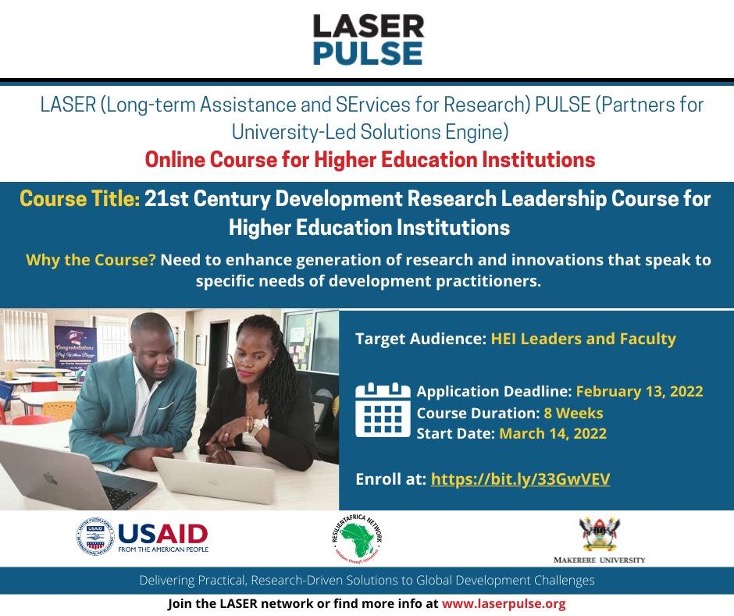
The course was delivered through four modules, which highlighted:
- The importance of development research leadership in low-income country higher education institutions;
- Leadership challenges in low-income country higher education research ecosystems;
- Interventions to address research ecosystem challenges in low-income country higher education institutions; and
- The need to take the higher education institution’s research ecosystem to another level.
For in-depth learning experiences, course participants undertook four sessions within each module, totaling to sixteen sessions throughout the entire course duration.
This self-directed online modular course contributed to;
- Strengthening institutional leadership among HEIs for effective researcher leadership so as to support low- and middle-income (LMIC) Higher Education Institutions’ (HEI) involvement in national, regional, and international development efforts through research and innovation programs.
- Providing participants with the foundational principles on how research managers in HEIs lead the development of vibrant ecosystems to support development research and innovation.
- Giving participants acumen in the core elements that leaders need to consider in building resilient research ecosystems to contribute to development efforts. This would subsequently increase the leadership capacity for research and innovations in LMIC HEIs, with a view to transforming their capacity to generate research and innovations outputs that impact on national and international development.
- Strengthening participants’ abilities to apply sound leadership principles and practices, supported by the appropriate leadership competencies, to identify their research ecosystem challenges so as to design actions that will nurture a stronger development research ecosystem in their respective HEIs, either at the central governance level or at the lower academic unit levels, in resource-constrained settings.
Up next, the RAN team will deliver another online course on Research Project Management. Stay engaged across LASER PULSE communication platforms to not to miss out on the course announcement.
These courses are delivered with support from Purdue University and funding from the United States Agency for International Development (USAID), through the LASER PULSE Consortium.
For additional information, contact Harriet Adong, RAN Director of Communications, Learning, and Knowledge Management at hadong@ranlab.org and Nathan Tumuhamwe, RAN Director of Operations at ntumuhamye@ranlab.org.


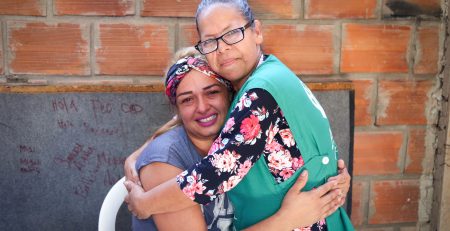

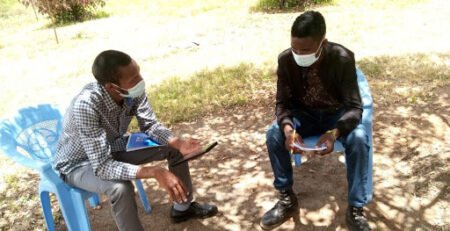
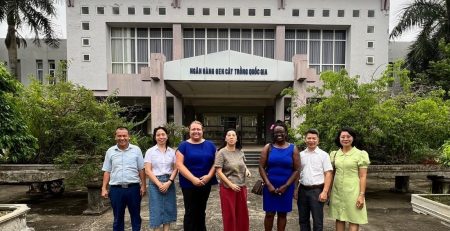
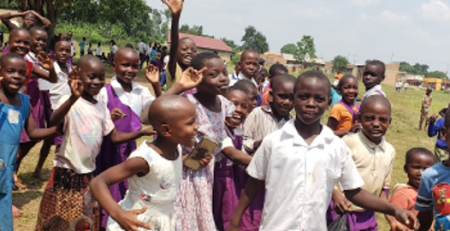
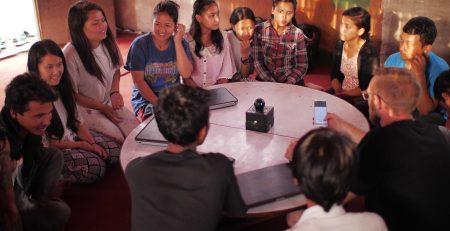



Leave a Reply
You must be logged in to post a comment.